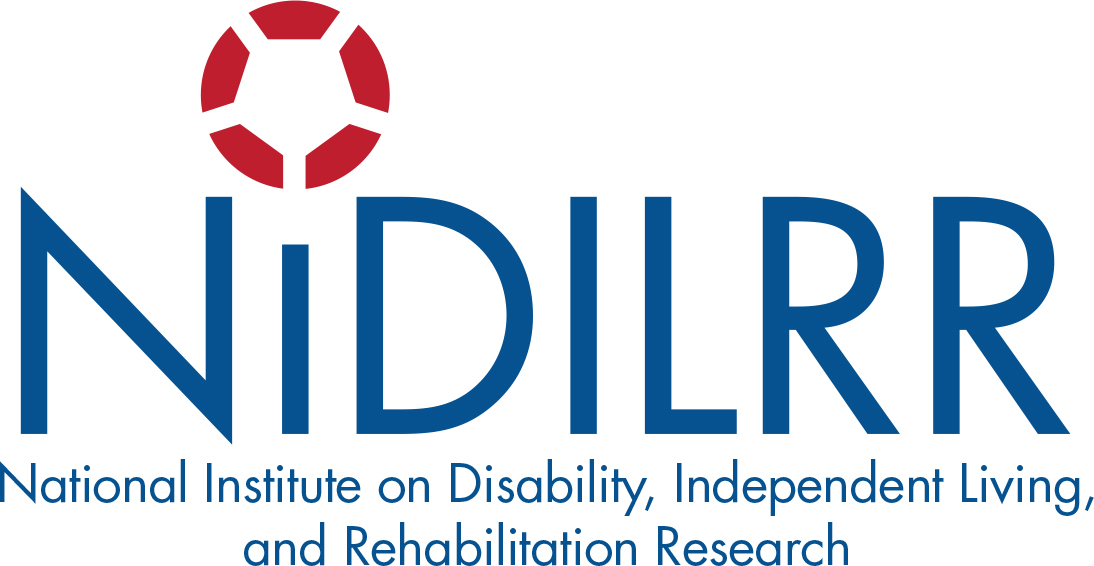Family & Relationship Concerns
Researchers at the University of Washington Traumatic Brain Injury Model System Center wanted to find out who is most likely to become a primary caregiver to a TBI survivor, how caring for someone with a TBI affects the caregiver’s involvement in their own life activities, and what resources caregivers use for support. They also wanted to know what kinds of concerns caregivers most likely have during the first months after the TBI. Part of the Research In Focus series from the National Rehabilitation Information Center (NARIC)
Relationships after Traumatic Brain Injury
Part of the video Hot Topic Series from Model Systems Knowledge Translation Center (MSKTC) and the TBI Model Systems of Care.
Relationships after TBI: Ambiguous Loss
Part of the video Hot Topic Series from Model Systems Knowledge Translation Center (MSKTC) and the TBI Model Systems of Care.
Relationships after TBI: His Divot
Part of the video Hot Topic Series from Model Systems Knowledge Translation Center (MSKTC) and the TBI Model Systems of Care.
Relationships after TBI: Insight Into His Cognitive and Physical Changes
Part of the video Hot Topic Series from Model Systems Knowledge Translation Center (MSKTC) and the TBI Model Systems of Care.
Relationships after TBI: Don't Let This Horrible Accident Destroy Your Marriage
Part of the video Hot Topic Series from Model Systems Knowledge Translation Center (MSKTC) and the TBI Model Systems of Care.
Relationships after TBI: Thoughts on Going to a Relationship Counselor
Part of the video Hot Topic Series from Model Systems Knowledge Translation Center (MSKTC) and the TBI Model Systems of Care.
Relationships after TBI: Impact of Coupled Relationship on Recovery
Part of the video Hot Topic Series from Model Systems Knowledge Translation Center (MSKTC) and the TBI Model Systems of Care.
Relationships after TBI: What Couples Counseling is Like from the Couples Perspective
Part of the video Hot Topic Series from Model Systems Knowledge Translation Center (MSKTC) and the TBI Model Systems of Care.
Relationships after TBI: What Couples Counseling is Like from the Therapist's Perspective
Part of the video Hot Topic Series from Model Systems Knowledge Translation Center (MSKTC) and the TBI Model Systems of Care.
Relationships after TBI: Intimacy after TBI
Part of the video Hot Topic Series from Model Systems Knowledge Translation Center (MSKTC) and the TBI Model Systems of Care.
Relationships after TBI: Treating Each Other with Love
Part of the video Hot Topic Series from Model Systems Knowledge Translation Center (MSKTC) and the TBI Model Systems of Care.
Relationships after TBI: Getting Back on the Bike
Part of the video Hot Topic Series from Model Systems Knowledge Translation Center (MSKTC) and the TBI Model Systems of Care.
Relationships after TBI: Recognizing the Positives
Part of the video Hot Topic Series from Model Systems Knowledge Translation Center (MSKTC) and the TBI Model Systems of Care.
Relationships after TBI: Parenting after TBI in the Family
Part of the video Hot Topic Series from Model Systems Knowledge Translation Center (MSKTC) and the TBI Model Systems of Care.
Relationships after TBI: The Brain Injury Family Intervention Feelings Checklist
Part of the video Hot Topic Series from Model Systems Knowledge Translation Center (MSKTC) and the TBI Model Systems of Care.
Relationships after TBI: How Family Roles Change After TBI
Part of the video Hot Topic Series from Model Systems Knowledge Translation Center (MSKTC) and the TBI Model Systems of Care.
Relationships after TBI: How to find Help
Part of the video Hot Topic Series from Model Systems Knowledge Translation Center (MSKTC) and the TBI Model Systems of Care.
Understanding TBI Part 4: The impact of a recent TBI on family members and what they can do to help with recovery
This information sheet is written for consumers through a collaboration between the Model Systems Knowledge Translation Center (MSKTC) and the TBI Model Systems of Care. (en español)
Family Perspectives Life After Brain Injury
One of a series of videos from the Brain Injury Toolbox and developed by the Brain Injury Association of Illinois to disseminate educational materials and other materials that may be useful tools to those whose lives have been impacted by brain injury, for professionals working with individuals who have sustained a TBI, and to the community at large.
Center for Personal Assistance Services
Promotes research, training, technical assistance and dissemination about personal assistance services to ensure that people with self-care limitations can find information that will help them live independently.
A Family's Perspective Return to School
One of a series of videos from the Brain Injury Toolbox and developed by the Brain Injury Association of Illinois to disseminate educational materials and other materials that may be useful tools to those whose lives have been impacted by brain injury, for professionals working with individuals who have sustained a TBI, and to the community at large.
Family Roles and Dynamics
One of a series of videos from the Brain Injury Toolbox and developed by the Brain Injury Association of Illinois to disseminate educational materials and other materials that may be useful tools to those whose lives have been impacted by brain injury, for professionals working with individuals who have sustained a TBI, and to the community at large.
Stress Management for TBI Caregivers
This fact sheet explains strategies caregivers can use to manage stress. Spanish version (en español)
Sexuality
This information sheets is written for consumers through a collaboration between the Model Systems Knowledge Translation Center (MSKTC) and the TBI Model Systems of Care.
